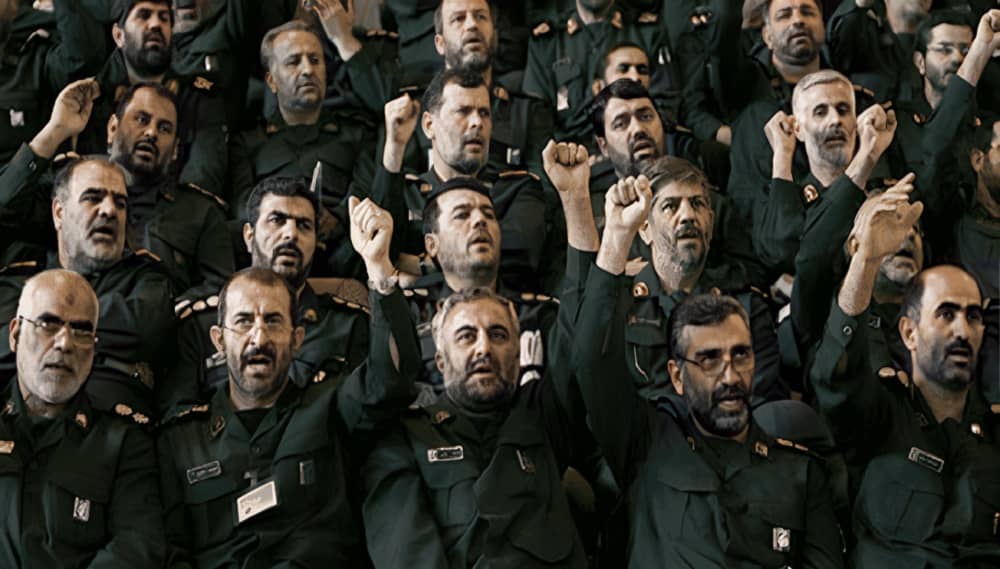

He discussed the volatile situation in Gaza with Iran’s Foreign Minister Hossein Amir-Abdollahian. Amidst a backdrop of regional upheaval affecting millions of Palestinians, Borrel urged Iran to leverage its influence to prevent further escalation in the region.
This development comes in the wake of a major regional calamity with far-reaching socio-political ramifications. US officials, however, have stated that they lack concrete evidence linking Tehran directly to the conflict. Some viewpoints, aligning with Iran’s stance, suggest that the country’s leadership was as surprised as others by the attacks on October 7. These claims stir controversy, considering Iran’s history of extensive investment and military support in the region.
Spoke to @Amirabdolahian on the situation in Gaza. EU position is clear on condemning terrorism. And on the protection of civilians at all times.
It is in everyone’s interest to prevent a regional spillover. Urged Iran to use its influence to avoid regional escalation.
— Josep Borrell Fontelles (@JosepBorrellF) October 16, 2023
The crux of the issue lies in the West’s apparent reluctance to acknowledge the role of Tehran’s longstanding policies in the region. Billions in investment, decades of arming, and fervent ideological support have originated from Tehran, with Supreme Leader Ali Khamenei exerting significant influence. Khamenei’s tenure has been marked by a shift from seeking domestic legitimacy to a strategy of regional aggression and internal control. By empowering the Islamic Revolutionary Guard Corps (IRGC), he has created a formidable power base, immune to internal threats and ambitious in regional dominance.
Through the IRGC, Khamenei supervises various paramilitary groups across the Middle East, undermining stability and prosperity. His message of invincibility aims to deter firm policies against Tehran. However, Western diplomacy, in urging Iran to use its influence for de-escalation while ignoring Tehran’s central role in Islamic extremism, mirrors a historical blunder akin to the appeasement policies of the 1930s against rising fascism.
This approach recalls the era when appeasement enabled dictators to gain immense power, resulting in catastrophic global conflict and loss. Unlike the Nazis and Italian fascists, Iran’s regime lacks substantial domestic support, continually facing internal opposition and organized resistance for over four decades.
#Iranian Regime’s Fourfold Objectives in the #GazaCrisishttps://t.co/UXfRouGv2b
— NCRI-FAC (@iran_policy) November 9, 2023
Despite these challenges, Western policies have historically oscillated between seeking to moderate Khamenei’s regime and undermining the Iranian Resistance. The failure of these approaches suggests a need for a policy shift. Such a change doesn’t necessitate military or financial intervention but requires a bold rejection of appeasement and recognition of the Iranian people’s right to self-determination.
As the international community grapples with these complex issues, the way forward remains fraught with challenges. The path to peace and stability in the region may lie not in further negotiations with Tehran, but in empowering the Iranian people to establish a democratic and free society.

MEK Iran (follow us on Twitter and Facebook), Maryam Rajavi’s on her site, Twitter & Facebook, NCRI (Twitter & Facebook), and People’s Mojahedin Organization of Iran – MEK IRAN – YouTu







